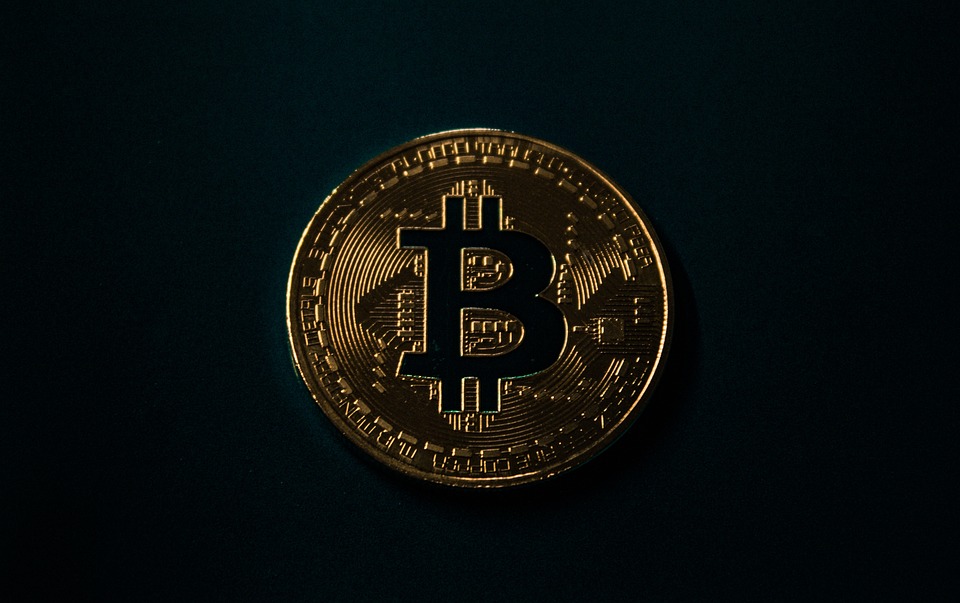Market Mayhem: Dow Drops 800 Points Amid Economic Uncertainty
On a tumultuous trading day that investors won’t soon forget, the Dow Jones Industrial Average plunged 800 points, a striking 2.5% drop, sending ripples of panic through financial markets and raising questions about the stability of the economy. As investors grapple with increasing economic uncertainty, this significant decline underscores the volatility permeating global financial systems and raises alarms about potential ramifications for everyday Americans.
The Factors Behind the Plunge
Several intertwined factors have contributed to this market tumult, with economic indicators pointing to a potential slowdown. First and foremost, persistent inflation has continued to plague not just U.S. consumers but economies worldwide. Despite the Federal Reserve’s aggressive interest rate hikes in an effort to tame rising prices, inflation remains stubbornly high. Recent reports indicate that consumer prices rose unexpectedly last month, exacerbating fears that the Fed may need to implement even more stringent measures to combat inflation.
In addition to inflationary pressures, rising interest rates have made borrowing more expensive for businesses and consumers alike, stifling growth potential. Companies that had relied on cheap credit to fuel expansion and innovation are now finding themselves in a difficult predicament. With the cost of servicing debt increasing, many are reevaluating their financial strategies, leading to cautious spending and investment behaviors.
Global geopolitical tensions also play a significant role in market volatility. Escalating conflicts, trade disputes, and uncertainty surrounding international alliances have all contributed to a lack of confidence among investors. The ongoing war in Ukraine, combined with rising tensions between the U.S. and China, has only amplified the sense of unease pervading financial markets.
The Response from Wall Street and Beyond
Fears of a recession have led to a marked sell-off on Wall Street, with major indices following the Dow’s lead in steep declines. Analysts warn that the combination of high inflation, restrictive monetary policy, and geopolitical instability could result in a prolonged period of economic stagnation.
In the wake of the market drop, financial experts are urging investors to remain cautious and consider diversifying their portfolios. Many financial advisors emphasize the importance of focusing on long-term investments rather than making impulsive decisions based on short-term market fluctuations. Furthermore, experts recommend evaluating exposure to sectors that are traditionally more resilient during economic downturns, such as utilities, healthcare, and consumer staples.
The Implications for Everyday Americans
The implications of such a significant market decline will undoubtedly reverberate beyond the confines of Wall Street. Retirement accounts tied to the stock market can take a hit from such downturns, affecting the financial security of millions of Americans. Additionally, rising interest rates may momentarily cool the housing market, as mortgage rates climb further, making homeownership less accessible for many.
The ongoing economic uncertainty poses challenges for policymakers as well. The Federal Reserve faces the delicate task of balancing the need to control inflation without stifling economic growth. Recent statements from Fed officials hint at a possible pivot away from aggressive rate hikes, but the path forward remains tenuous at best.
Conclusion
As the dust settles from the recent market turmoil, one thing is abundantly clear: uncertainty continues to dominate the economic landscape. Investors are left to navigate a complex web of inflation, interest rates, and geopolitical tension, making predictions about the future increasingly difficult. For now, the market’s drastic drop serves as a stark reminder of the fragility of the global economic system and the profound impact it has on the lives of individuals and families. As we move forward, the focus will remain on how policymakers, investors, and everyday Americans adapt to a shifting economic environment fraught with challenges and opportunities.

